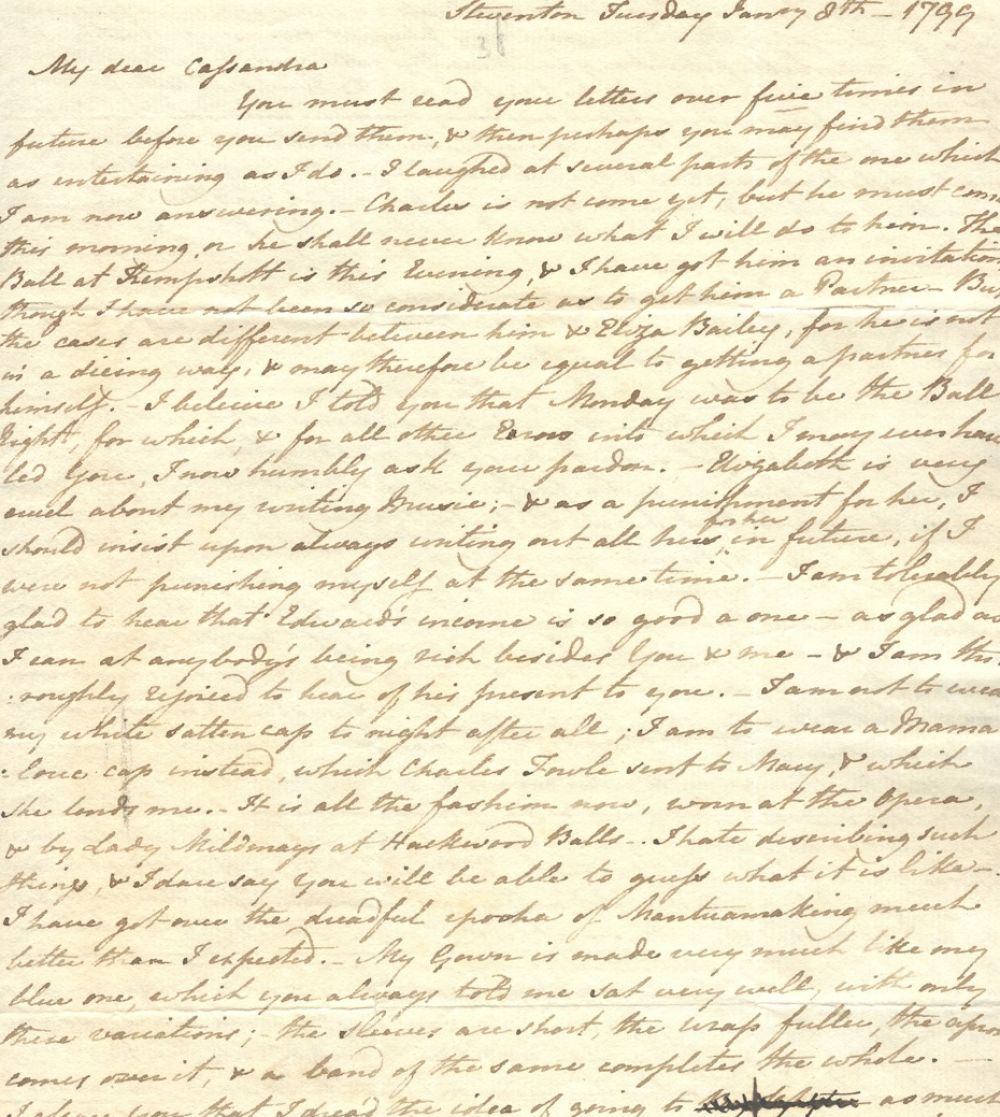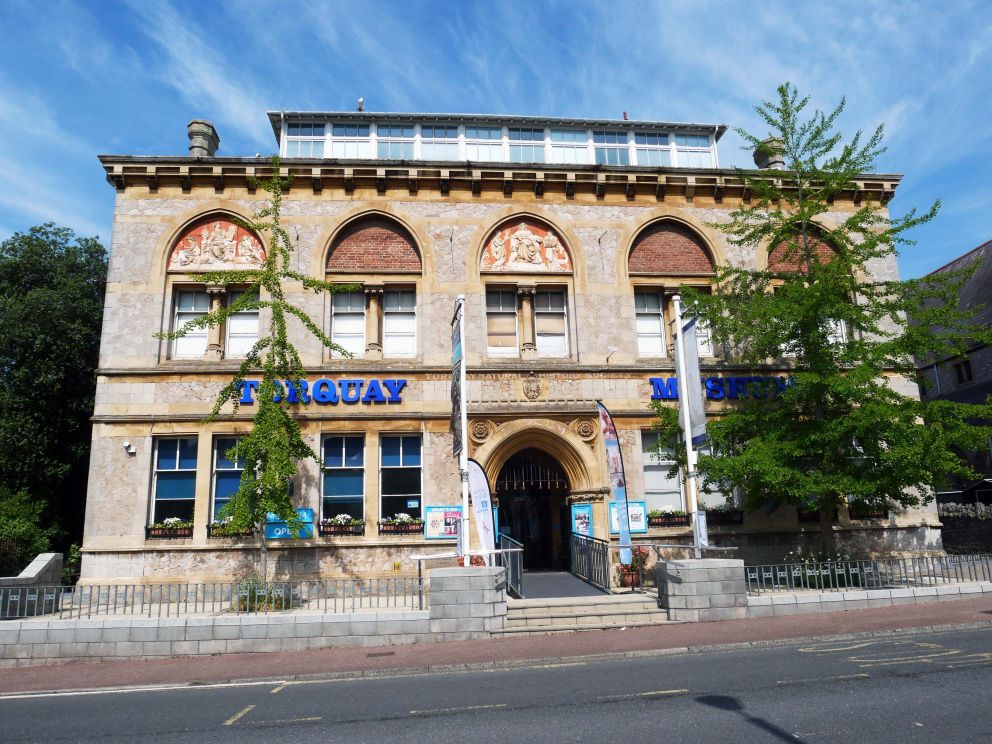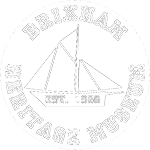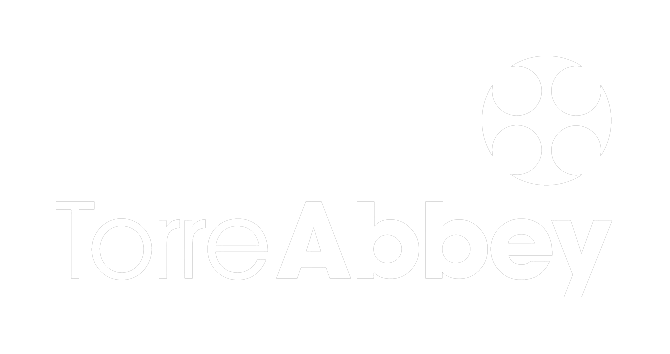Documentation
Documentation underpins every aspect of museum activity. Recording collection information is central to being accountable for our collections, their accessibility, management, research, study and use. Our policy for the documentation of the collections is to ensure that the information we hold relating to the collections is accurate, secure, reliable and accessible.
The Museum is in the process to attempting to make at the very least an inventory level record to minimum Spectrum stands of all the specimens in its holdings. These records will be held on the Modes Complete database (for all objects, pictures and archives). The Museum’s previously used Cardbox database for pictures and archives was migrated to Modes in November 2020.
Cataloguing is primarily done by volunteers and temporary project staff under the supervision of the Collections Manager and the Digital & Collections Officer. The Museum does not have any permanent paid documentation assistants. Volunteers are currently working on the Archival Records and Pictorial Records. The flow of seasonal student placements was broken by the pandemic and Brexit but we are working on trying to bring some students back to work on the Social History, Archaeology and Palaeontology collections. Data inputting is predominantly done by volunteers for Modes there is no significant backlog. Pictorial Records is the focus of documentation. There is work ongoing on new acquisitions, digitisation of documented collections and data cleaning from the migration to Modes. Due to a lack of suitable volunteers certain areas of the collection are not being worked on.
An excerpt from our Documentation Plan 2024 - 2026
Read More 

Read More 

Support Torquay Museum
Did you know that whenever you buy anything online – from your weekly shop to your annual holiday – you could be raising free donations for Torquay Museum with easyfundraising? Find out how!
Stay Connected with Our Newsletter
Be the first to hear our latest news by signing up to our newsletter. Also don't forget to follow us on social media - @torquaymuseum.
















